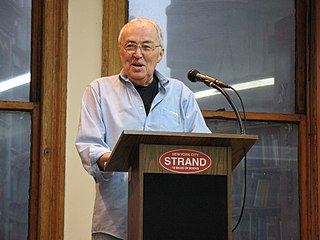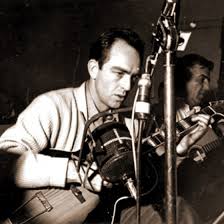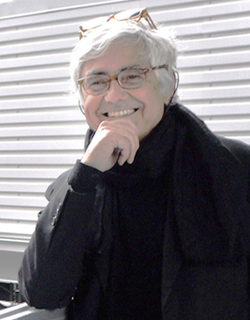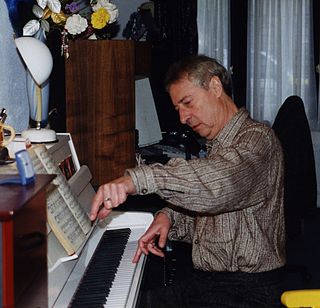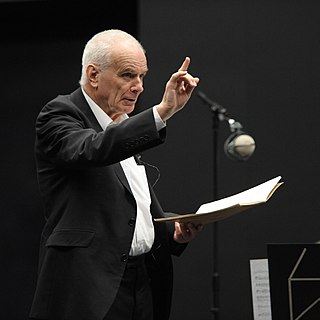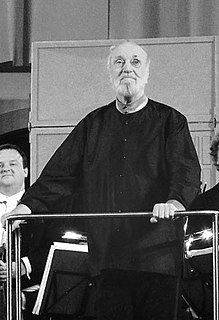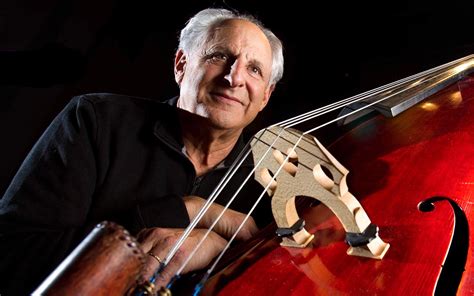A Quote by Harry Lennix
I play piano, so when I'm learning a new or difficult piece, at some point I have to enjoy the music of the piece itself, and have confidence that my fingers know where to go. It's the same with acting, there is a point where I have to enjoy the play.
Related Quotes
Learning to play the guitar is a combination of mental and motor skill acquisition. And to develop motor skill, repetition is essential... Whenever musicians have trouble executing a passage, they generally tend to blame themselves for not having enough talent. Actually, all that's wrong is they don't know where their fingers are supposed to go...you should learn the piece in your head before you play it. And when you do play it, play it so slow that there's no possibility of making a mistake.
If you arrive at a concert ready to play your piece, that's not nearly good enough. You must have your music ready to the point where you can play it on a short rehearsal, after a long plane flight, on a strange piano, having had an unpleasant lunch, in an unfriendly atmosphere. You have to be so over-prepared that you can cope with anything.
There is no piece of music that could relate to anything else but itself and its world. It is truly an independent. The one thing coplanar with music is the compositional aspect, the fact that you are composing something. Architecture is essentially a score, and what happens with it depends on the people who play it, enjoy it, use it, or hate it.
After 10 years, I have been touring for 20, playing basically the same type of music, a four-piece or three-piece type of music with loud, crashing drums and screaming vocals. It gets to the point where you're looking for something new, and you don't want to do something that's way too left-field, for fear that it might seem contrived.
I'm a natural piano player. So all the practicing I do at this point is in my head. If I don't play for a year, my chops aren't going to get any worse. I've spent my time playing scales, and I don't necessarily want to play any faster than I play. So everything I do at this point is more philosophical.
There's very little to be said for learning a piece note by note, reading the rhythmic markings, practising the fingerings and following your instructor's suggestions, if you haven't any idea how the music will eventually sound and feel. If you learn a piece mechanically, you may have to 'unlearn' it before you can play it with expression and feeling.

